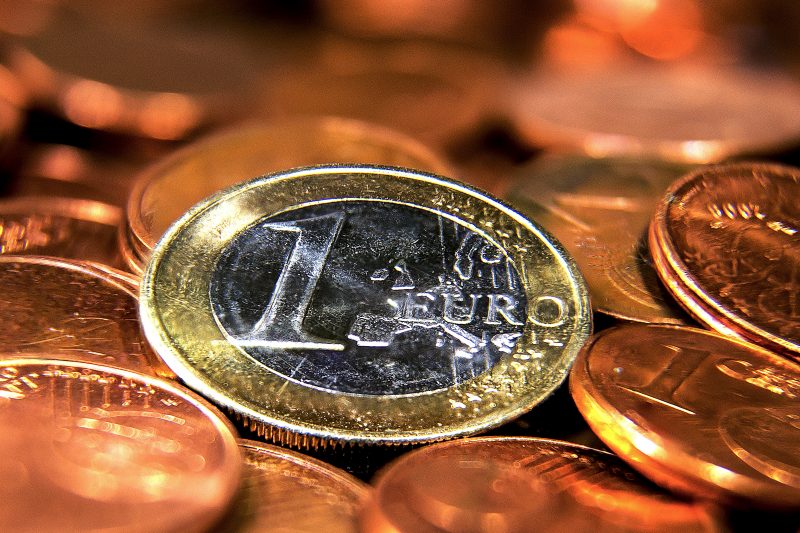EU ministers collide over mini eurozone budget
EU finance ministers are expected to negotiate long into the night about eurozone reforms (PHILIPPE HUGUEN)
Luxembourg (AFP) – EU finance ministers will consider a set of watered-down eurozone reforms Thursday but may yet struggle to sign off on them, in a setback to France, which championed an ambitious overhaul to the single currency.
Almost a decade after the debt crisis, French President Emmanuel Macron wants his partners to implement the changes in order to make the eurozone more resilient to shocks and to the global dominance of the United States and China.
But resistance to overhauling the eurozone has deepened, amid a budget row with populist-led Italy, and as richer northern countries grow reluctant to indulge the budget-busters to the south.
This distrust and hesitance has plagued the eurozone since being launched in 2002, a disunity that economists say limits growth and invites crisis.
France’s flagship reform was a eurozone budget, but the idea met a team of opponents led by the Netherlands that feared a transfer of wealth to Italy, Greece or Spain.
Macron had also wanted the creation of a eurozone finance minister, an idea that was fast cast aside under pressure from Germany, which prefers that power over the economy remains national.
Instead of a budget, the EU ministers meeting in Luxembourg are discussing something called the Budgetary Instrument for Competitiveness and Convergence, a fund with limited firepower to be used to back reforms.
The cumbersome renaming comes at the demand of the Dutch, who fought to ensure that the instrument remained an extremely modest affair to placate the French.
The skeleton of Macron’s original plan comes after months of negotiating the broad elements of the budget, including its spending priorities, source of revenues, and who should ultimately wield control over its decisions.
A European source said it was the last element that would keep ministers talking into the night in Luxembourg, with the Netherlands and others insisting the budget remains under the auspices of the EU budget.
As such, the budget’s firepower would remain at a modest 17 billion euros over seven years with no chance of expansion and under the authority of the EU’s 27 member states (after the exit of Britain).
But France’s vision is far more ambitious: Paris contends that the today’s modest budget will grow over time and sows the seeds for a more unified eurozone in the future.
– ‘Long night’ –
“It’s true that the night will be long. These budget questions take time,” said a French finance ministry source, with ministers expected to clear the way for formal decisions at an EU summit on June 21 in Brussels.
Ignored for now is a Europe-wide deposit insurance scheme, which is supposed to be the last pillar of an EU banking union set up after a series of bank failures during the worst of the crisis.
“Regrettably, the impasse on this project is still there. No tangible progress has been made,” said EU commission vice president Valdis Dombrovskis on Wednesday.
The deposit scheme is resisted by Germany, Finland and other northern European countries that fear being put on the hook for deposits in fragile countries such as Italy or Greece.
Ministers will also discuss Italy with Rome in infraction of EU budget rules and in danger of major fines inflicted by its currency zone partners.
Disclaimer: Validity of the above story is for 7 Days from original date of publishing. Source: AFP.


